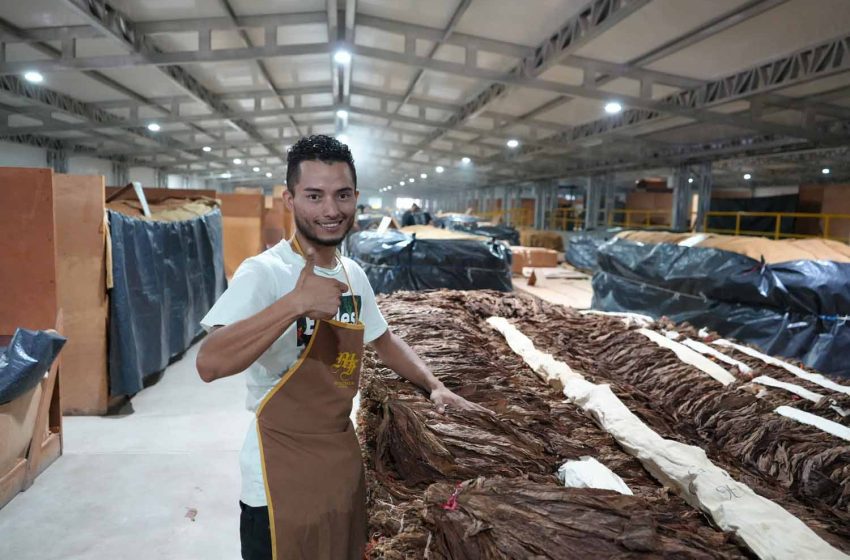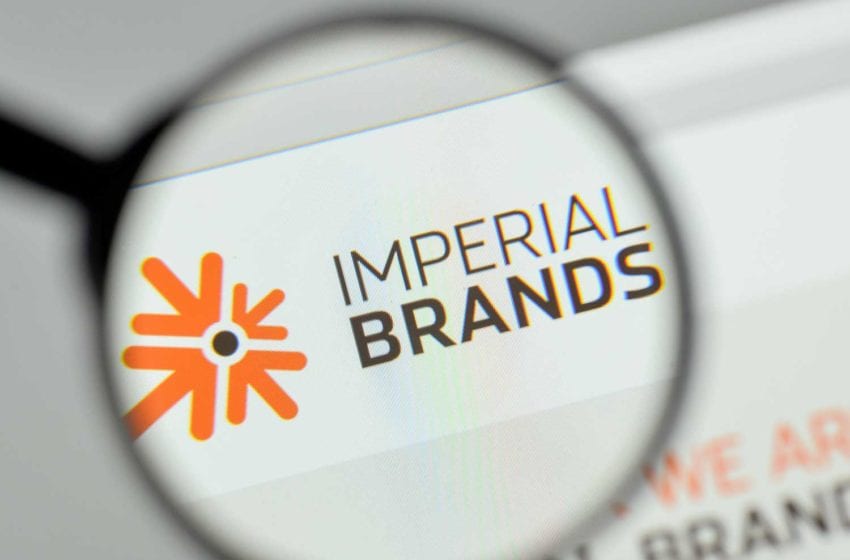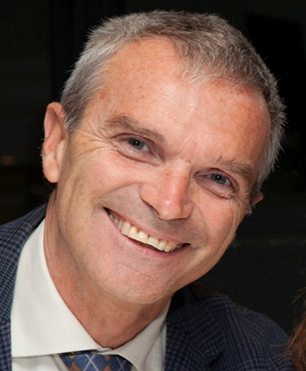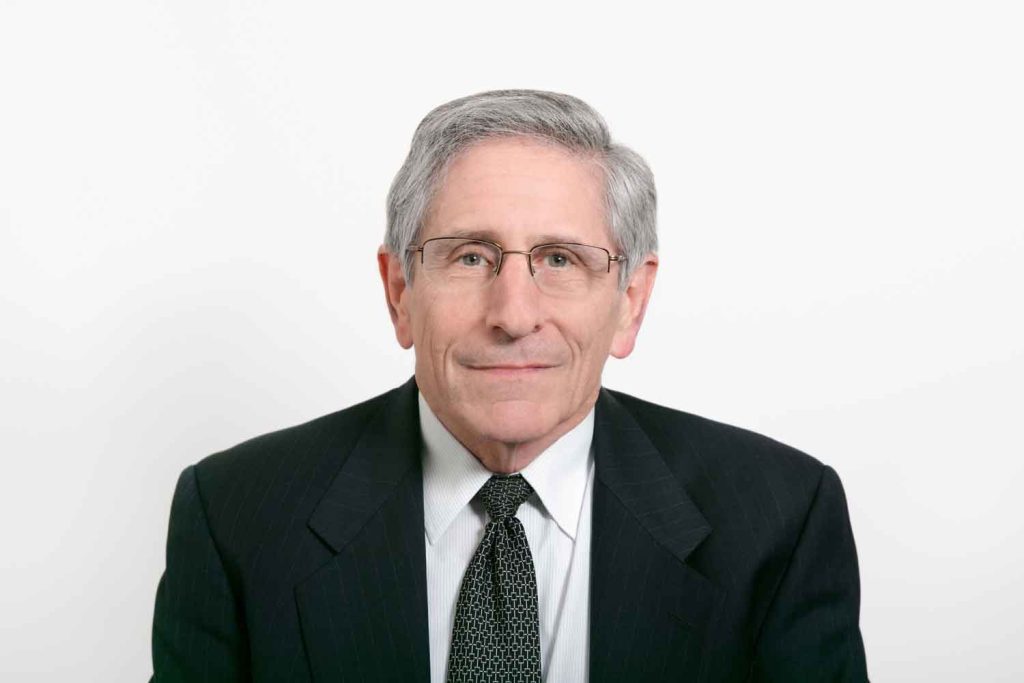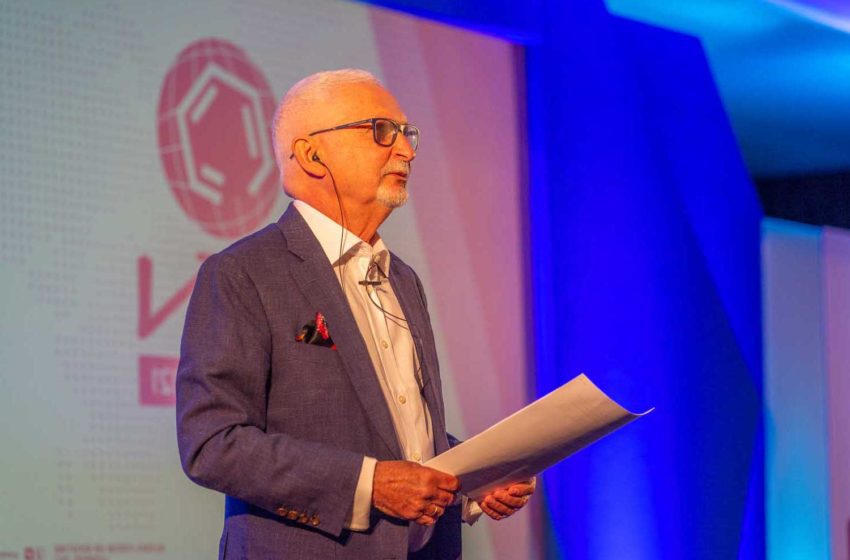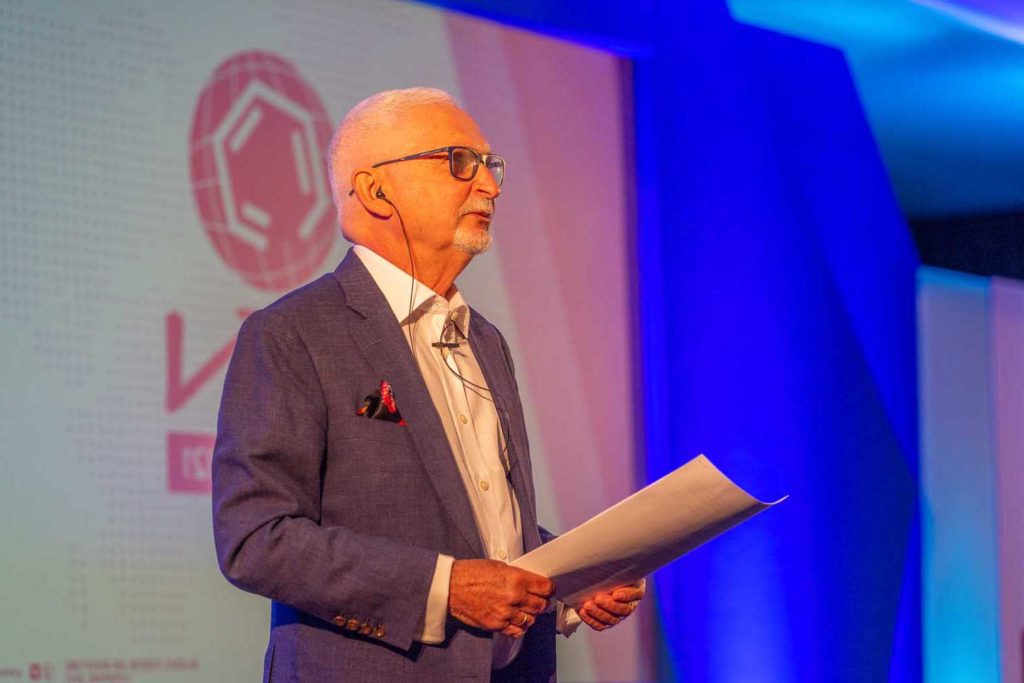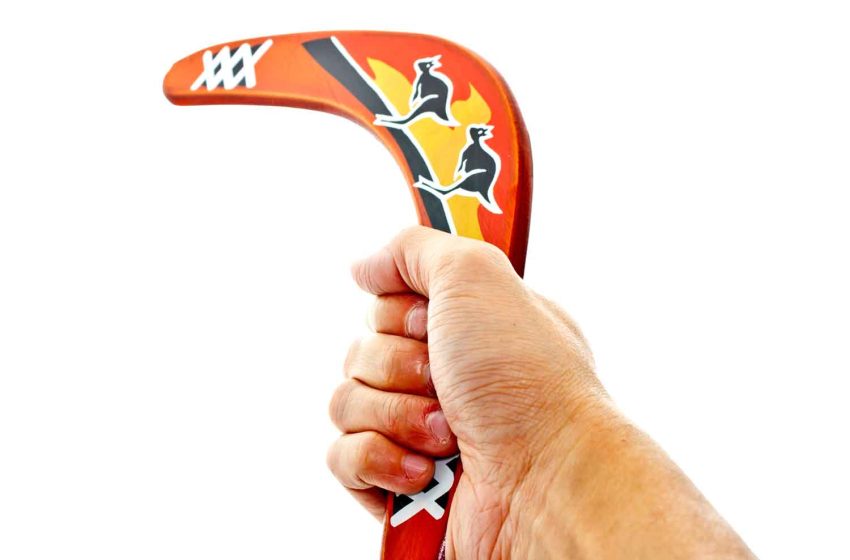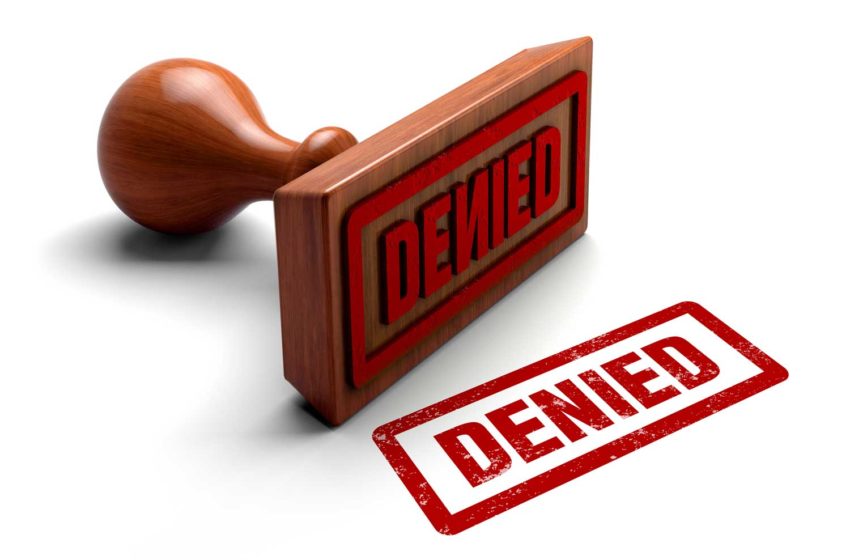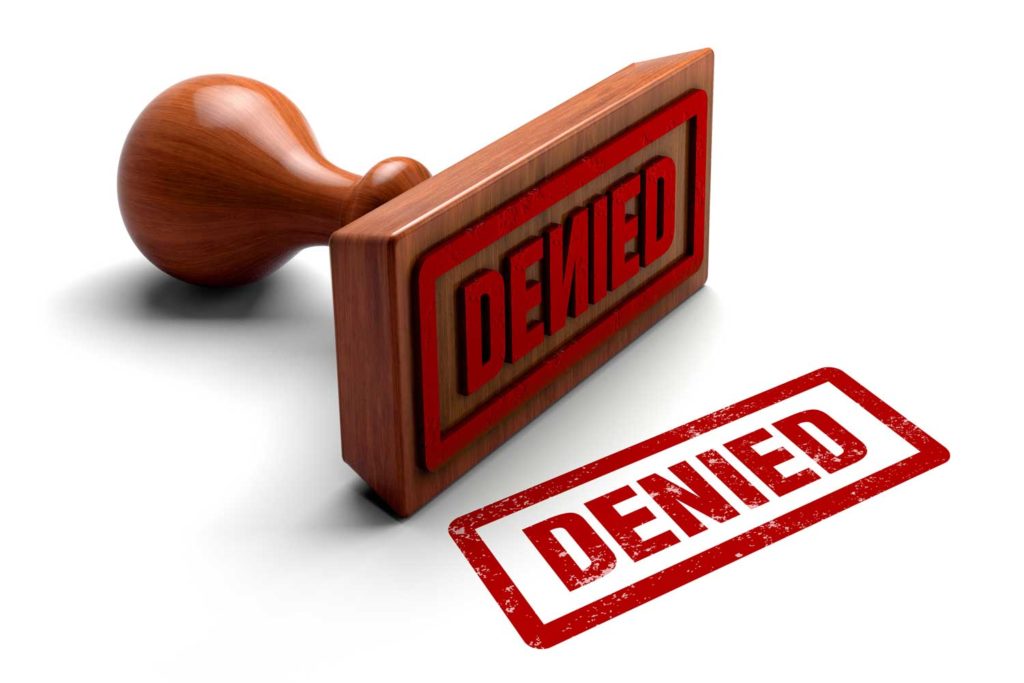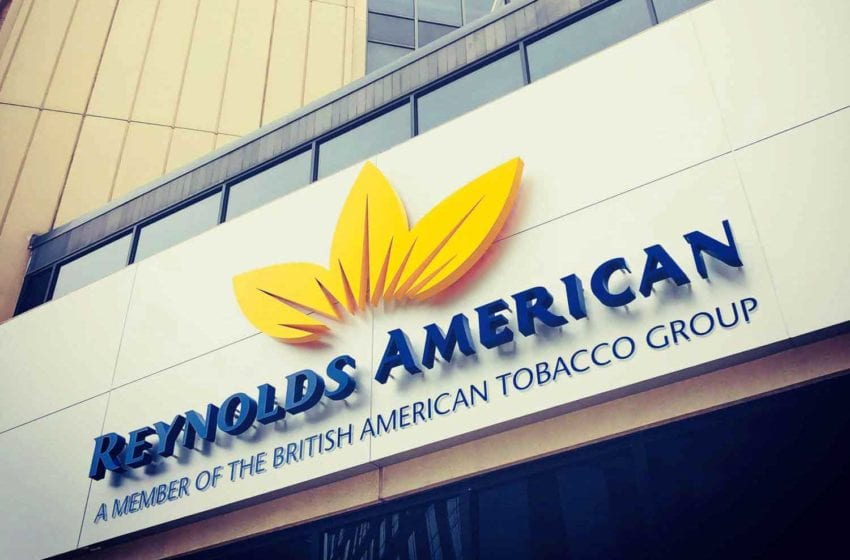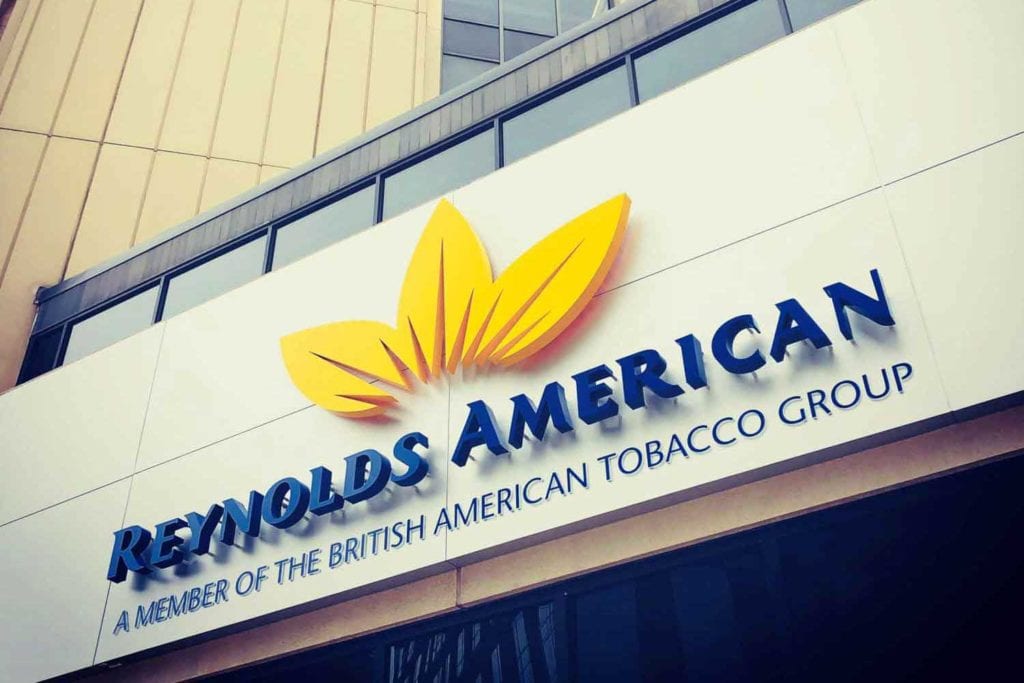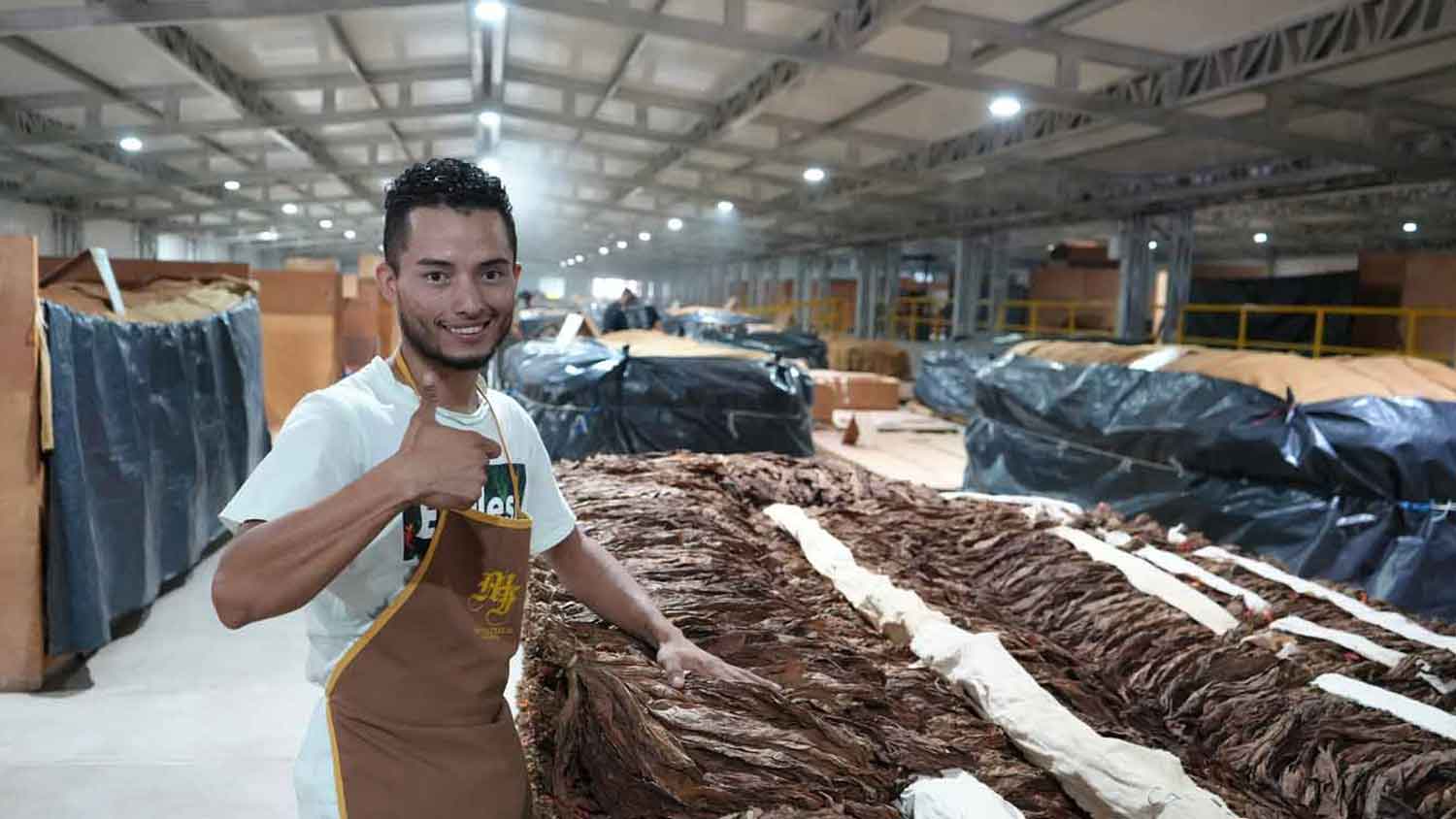



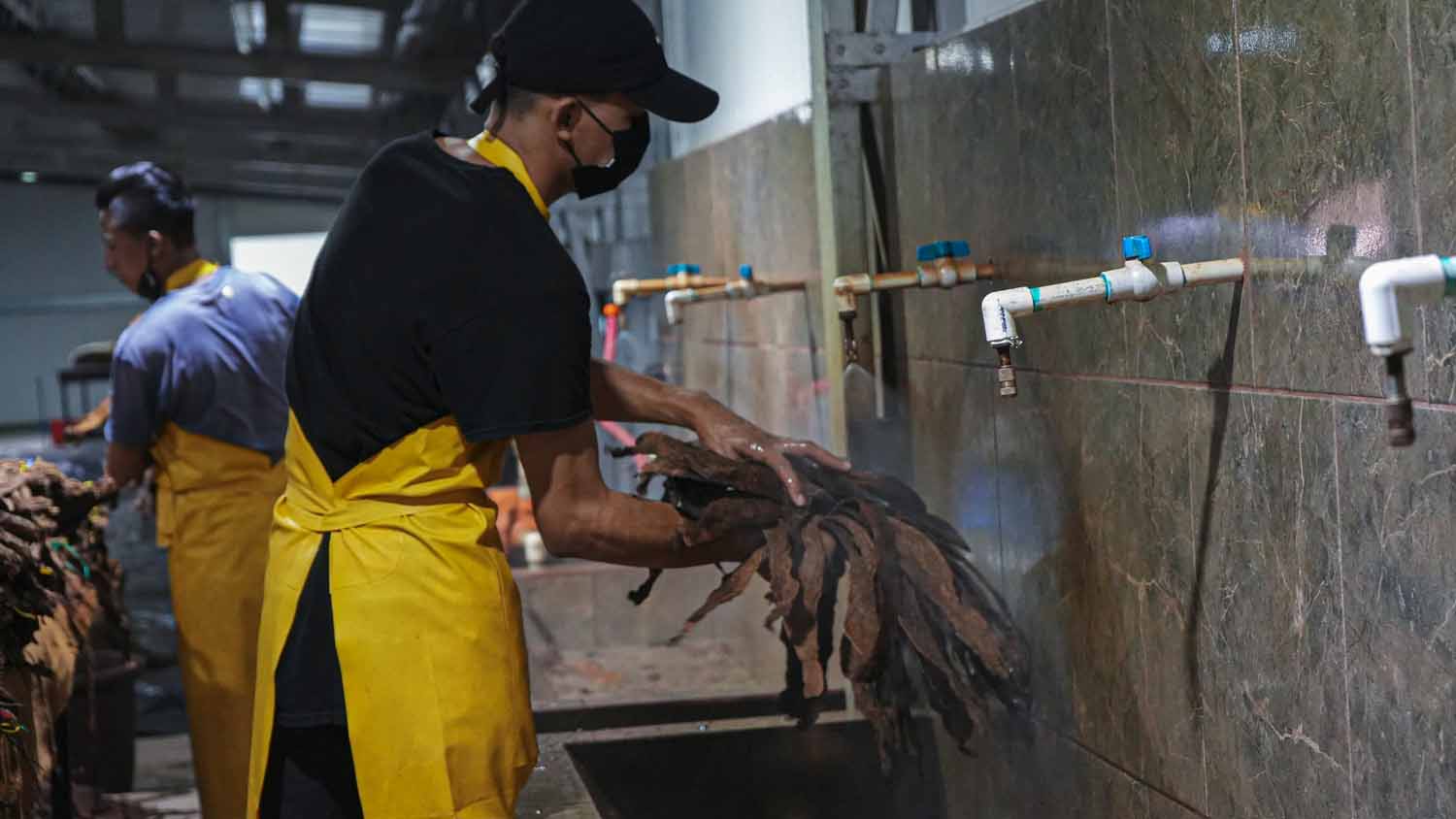

The Vandermarliere Family of Cigars (VFC) inaugurated its Las Mesitas tobacco processing center near Esteli, Nicaragua, on Jan. 27.
Together with the Las Llantas facility, Las Mesitas will store, process and ferment tobacco for Oliva Cigar Co.’s Tabolisa factory.
“As manufacturers of the world’s finest cigars, we are also guardians of quality, on an everlasting quest to find perfection,” said VFC CEO Fred Vandermarliere during the opening ceremony, where nine members of the Vandermarliere family cut the ribbon. “We are now well-equipped for that mission.”
According to Vandermarliere, Las Mesitas and Las Llantas each embody the company’s goal of offering cigar lovers the best product time and again. “They close the circle of production from seed to cigar and assure the entire loop is structured to aim for maximum quality. We control every aspect of the premium item you fire up to enjoy a unique moment,” he said.
Employing 320 people and featuring state-of-the-art technology, the Las Mesitas complex represents not only a major long-term investment, but also a boost to the local community.
“You can’t talk about quality that stems from exceptional origin and is forged by exceptional people without talking about fairness,” said Ernesto Milanes, head of the tobacco operations of the Longfiller group. “We invest in the local community because we want every premium cigar to connect everyone involved: from farmer to worker to aficionado. That’s the other circle—the circle of purpose.”
The company’s support of the local community is a long-term commitment, according to Fred Vandermarliere. “One lifetime is only a short period of time, but what we build, survives us; it serves many generations to come,” he said.

